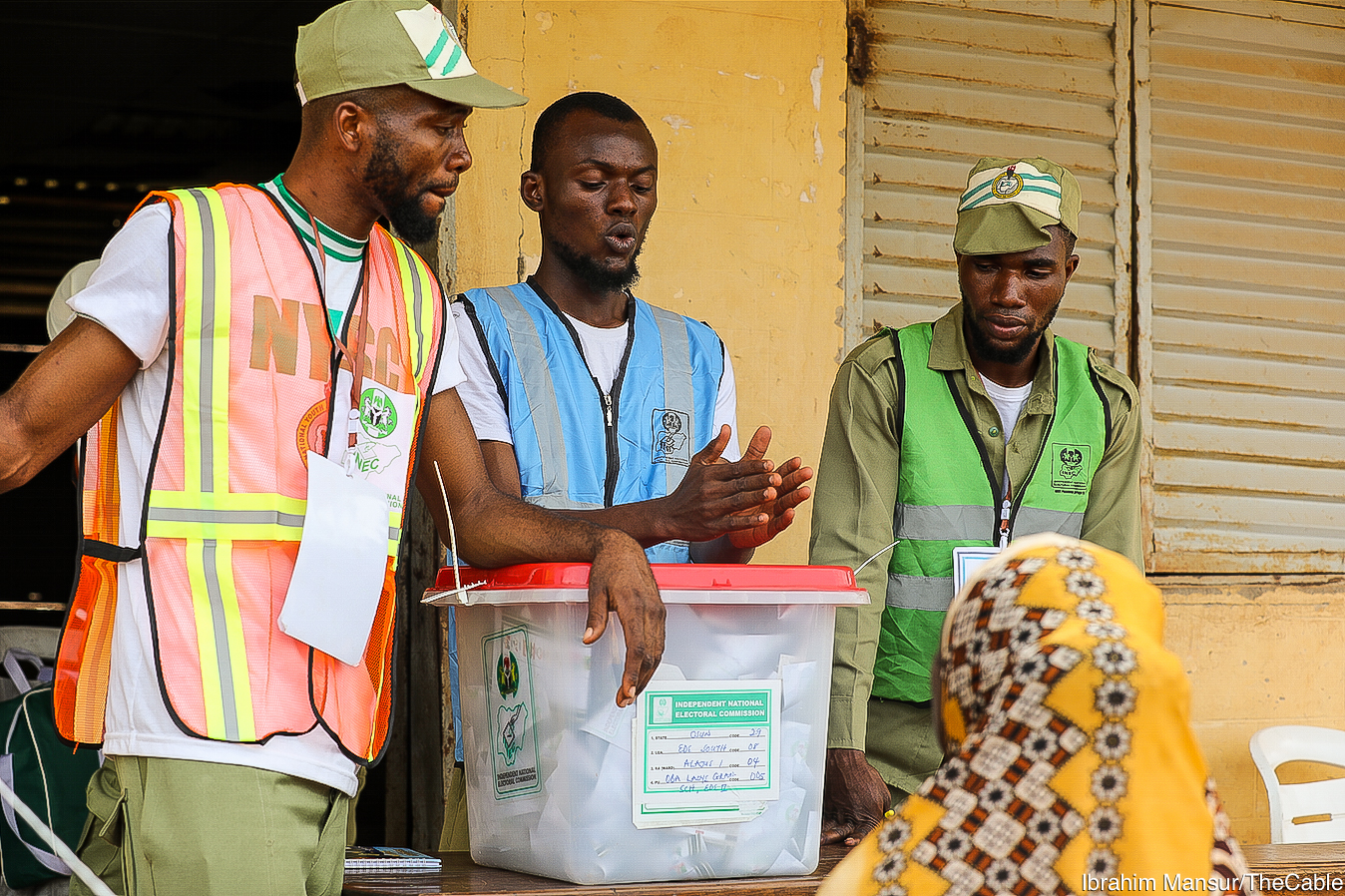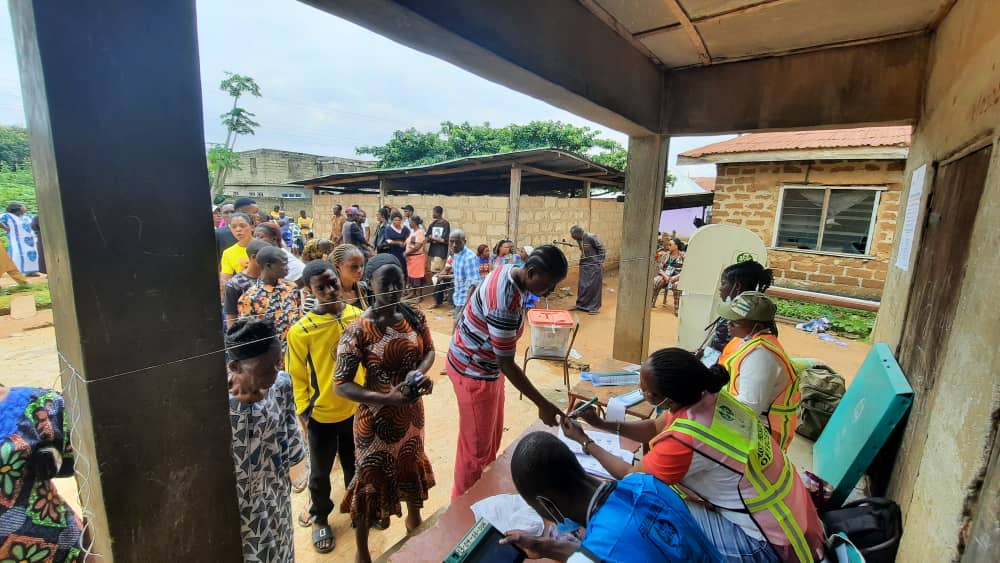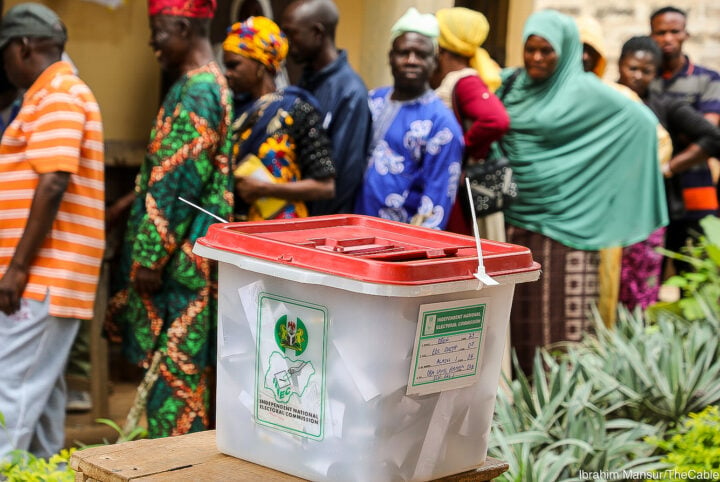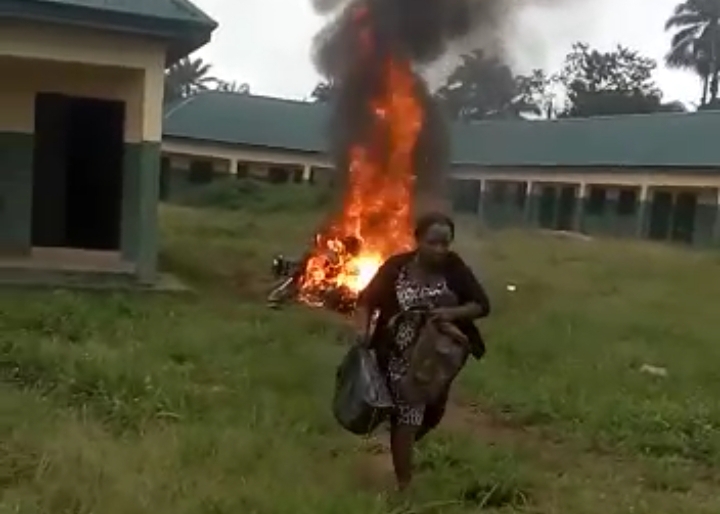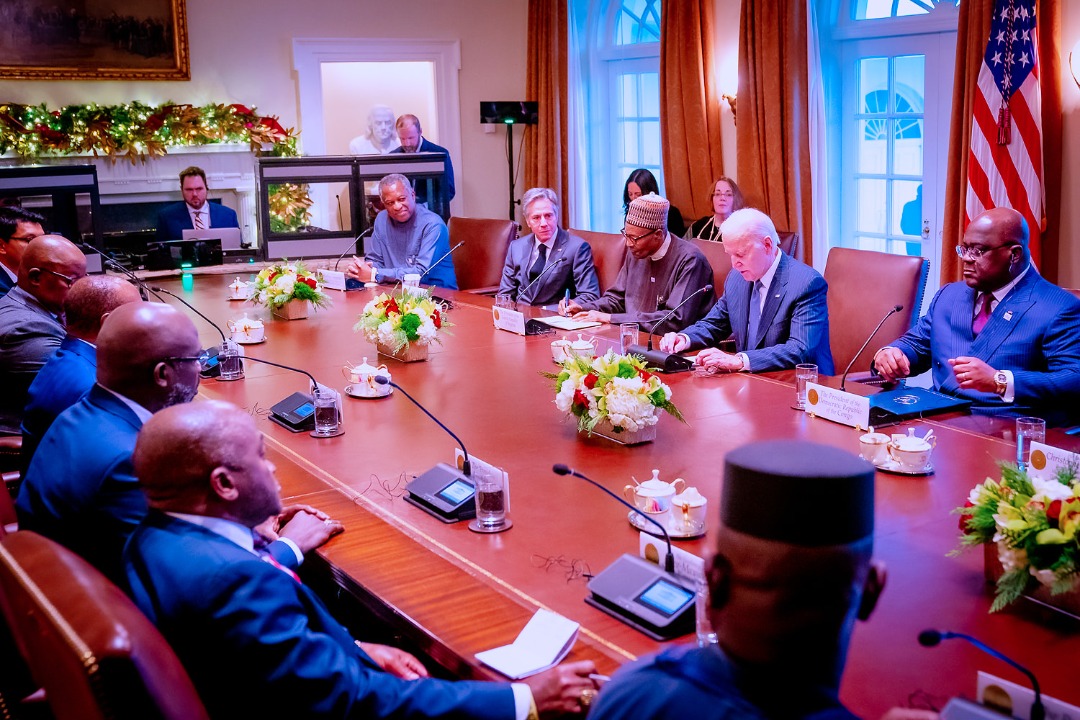BY MOSHOOD ISAH
The 2023 presidential election is about 12 weeks away but the glaring early warning signals and violations of the electoral legal framework are overwhelmingly petrifying that election stakeholders have continued to express concerns over the conduct of peaceful and credible elections. The recent report credited to the Nigerian Army saying they were under pressure to manipulate the 2023 general elections may just be one out of the many risks, uncertainties and assumptions that have the potential of undermining the process. Thus, there is no better time to build early warning systems and develop mechanisms that will help mitigate the pending challenges associated with the seventh general election since the return to democracy in 1999.
Political analysts have described the February 25, 2023, presidential elections as one that will be keenly contested and as expected the stakes are high with the belief that the outcome of the process will go a long way in determining the future of Nigeria’s electoral democracy.
This only means there is more pressure on the Independent National Electoral Commission (INEC) to deliver credible elections that tick all the boxes of rating an election of international repute. As a matter of fact, every election comes with its own level of pressure from stakeholders; both domestic and international, citizens and political parties in the election management body to deliver a credible process. This is not to downplay the progress Nigeria has made in the electoral process in recent years.
Advertisement
Ironically, INEC remains in the eye of the storm while it manages positive pressures to ensure transparency and extraneous pressure to manipulate the process. It’s no more news that the more the commission makes an effort to bridge gaps in the process, the more political actors take intentional steps to circumvent and discredit the process for selfish political gains.
Sadly, there have been both successful and unsuccessful attempts to do this both internally, externally, legally and even illegally with reports of bribery of electoral officers to manipulate the process and several attempts to hack the INEC result viewing portal (IREV) rife, amongst several disturbing news stories that could make the 2023 elections vulnerable to manipulation. Also, the recent litigation to stop the commission from deploying the bimodal voter accreditation system (BVAS), a device tried and tested to minimise electoral manipulation, is probably the most ridiculous among the efforts to manipulate the process.
One such disturbing trend is the recent premeditated and coordinated attacks on the offices and facilities of INEC in different parts of the country. From 2019 till date, close to 50 INEC offices have either been burgled, ransacked, attacked or set ablaze across different parts of the country leading to the destruction of permanent voter cards, ballot boxes and other election properties and this remains a major warning signal going into the elections.
Advertisement
The most recent of these attacks happened to be in south-eastern Nigeria, especially in Imo state, where the poll could be threatened if the right security measures are not put in place. The attacks on INEC offices which no doubt will impact preparation are without prejudice to other security concerns like banditry, kidnapping, and insurgency.
While the aim is not to raise alarm or further heat the already heated atmosphere, credible reports from civil society organisations and election observer groups have hinted at various early warning signals that need to be addressed.
For instance, Yiaga Africa through its Watching The Vote (WTV) project, a comprehensive election observation intervention, warned that the 2023 elections may be shaped by insecurity and executive impunity. The major indicator of this impunity is the rampant restrictions on the use of public facilities, especially by incumbent governors across political parties against opposition parties.
Amidst all these challenges is the economic realities of growing poverty showing over 133 million (63%) Nigerians living in multidimensional poverty according to the 2022 multidimensional poverty index.
Advertisement
Of course, the political actors who plunged the nation into this situation are milking it to stupor by means of voter inducement. Yiaga Africa’s pre-election report revealed that there are ongoing vote buying and selling in at least 33 states in Nigeria with the situation more prevalent in Abia, Bauchi, Borno, Delta, Katsina, Kano, Oyo and Sokoto.
These among other factors make the 2023 elections vulnerable to manipulations. However, there are still over 60 days to the presidential elections which means there is ample time for all election stakeholders, especially the Inter-Agency Committee on Election Security (IACESS), to develop a practical framework to address potential threats to the process.
At this crucial time, INEC, CSOs, National Orientation Agency and even political parties have a huge task to protect the integrity of the 2023 general election. There is a need to intensify voter education engagements across the country especially targeted at women, youth and persons with disabilities.
In the end, no matter the level of preparation by the commission, security is indispensable in the conduct of a credible election. Thus, security agencies should deploy intelligence and employ preventive measures to neutralise existing security threats because if this trend is not curbed, voters will be disenfranchised from exercising their constitutional right to vote in a peaceful and secure environment.
Advertisement
Moshood Isah, a communications and elections expert, is the media officer of Yiaga Africa. He can be reached via [email protected] and on Twitter @moshoodpm
Advertisement
Views expressed by contributors are strictly personal and not of TheCable.
Add a comment
